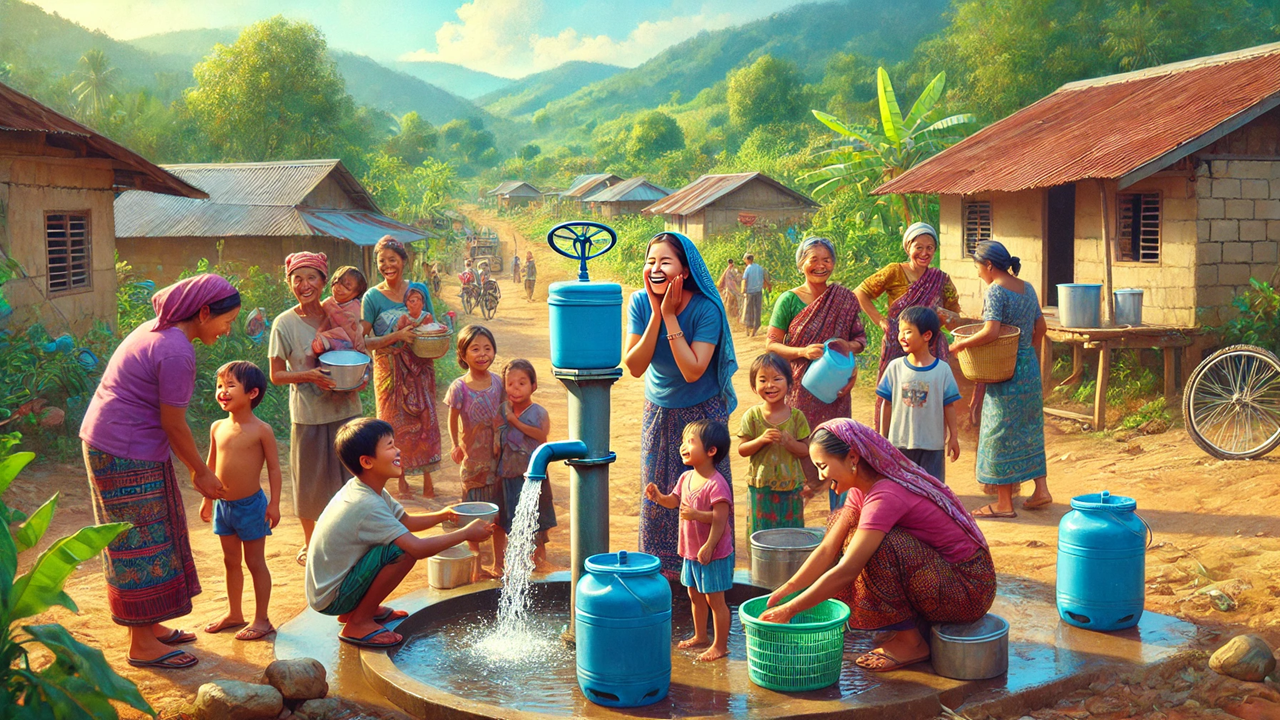DWS Urges Action to Combat Water Crisis in SA: Key Measures to Save Water
The DWS emphasized that this high level of consumption is unsustainable, particularly in regions like Gauteng, where demand is outstripping supply, leaving no reserve capacity in the water system.

- Country:
- South Africa
The Department of Water and Sanitation (DWS) has once again called on all South African citizens to take continuous action to safeguard the nation’s limited water resources by changing their water consumption habits.
South Africa, a water-scarce country, faces growing pressure on its water resources due to the impacts of climate change. Adding to the strain, South Africans consume an average of 218 litres of water per person per day, exceeding the global average of 173 litres. In Gauteng, this number rises to 266 litres per capita per day, placing significant stress on the region's water systems.
The DWS emphasized that this high level of consumption is unsustainable, particularly in regions like Gauteng, where demand is outstripping supply, leaving no reserve capacity in the water system. To address this critical issue, the department urged all citizens to adopt water-saving practices, recognizing the urgent need for conservation.
Enforcing Water Restrictions and Bylaws
The DWS has called on municipalities across Gauteng to enforce stricter water restrictions and apply municipal bylaws to penalize those who disregard water-saving measures. These Level 1 restrictions include prohibitions on:
Irrigating gardens with sprinklers and hosepipes between 6 a.m. and 6 p.m.
Filling swimming pools.Washing paved areas and driveways with hosepipe.
Should demand remain high, municipalities may implement stricter restrictions and intensify education efforts to communicate the importance of conserving water.
The department also highlighted the importance of fixing leaks, repairing burst pipes, and addressing illegal water connections, all of which contribute significantly to water loss.
Simple Water-Saving Tips for Households
The DWS provided a range of water-saving tips that individuals can apply in households, schools, businesses, and public spaces to make a meaningful difference. These include:
Turning off taps when not in use.
Using a bowl to wash vegetables instead of running water.
Taking showers of five minutes or less.
Only running washing machines and dishwashers when fully loaded.
Fixing leaking taps and pipes promptly.
Using a bucket instead of a hosepipe to wash cars.
Watering gardens early in the morning or late in the afternoon to minimize evaporation.
Industry-Specific Water Conservation
The department also called on industries to adopt water-efficient practices by minimizing unnecessary water use in exterior landscaping and maintaining water-using equipment to avoid leaks. Additionally, replacing high-volume spray hoses with water-conserving models and recycling and reusing water were emphasized as effective measures to cut down on water consumption.
The DWS concluded by reminding citizens that saving water is a collective responsibility, and by making small changes, every South African can contribute to securing the country’s water future. The department encouraged people to promote water-saving practices in their communities and to educate others on the importance of conserving this valuable resource.
- READ MORE ON:
- climate change










